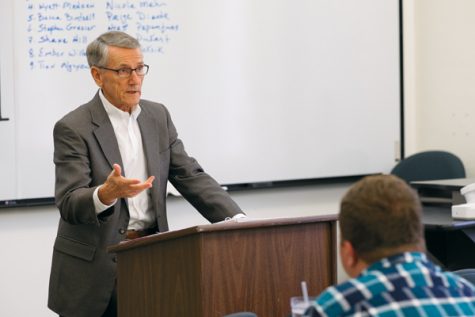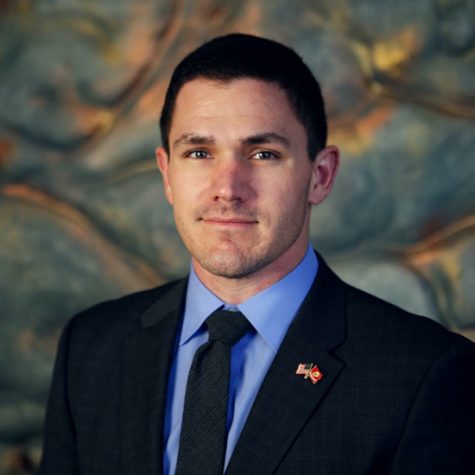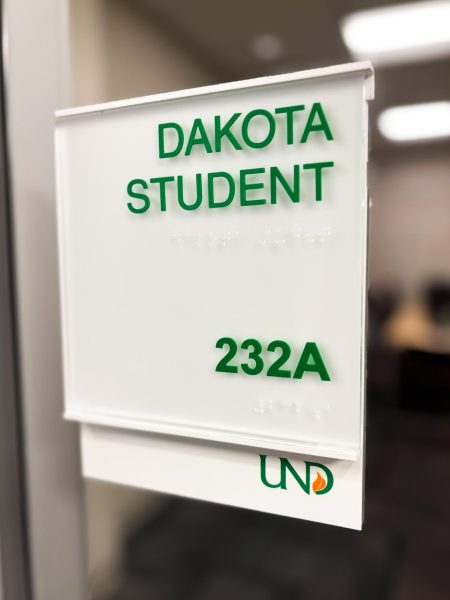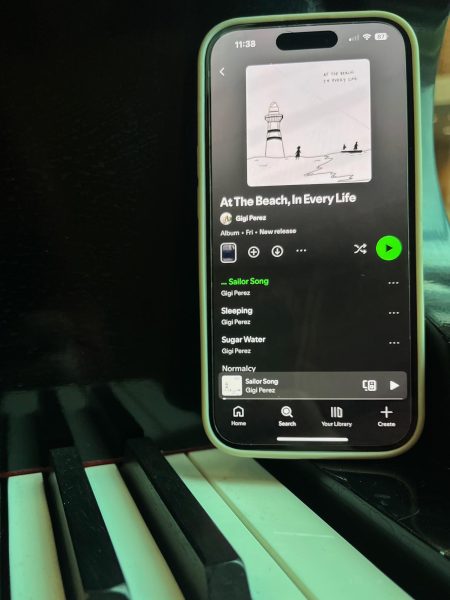Sexual assault: Make the choice to be the difference
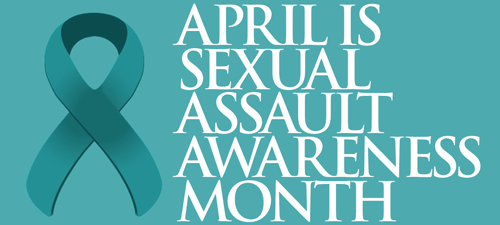
Since 2001 the National Sexual Violence Resource Center supports SAAM organizers with resources, tools and training. image courtesy of nsvrc.org
Recently, I was driving down University Avenue when I saw two students placing signs along the side of the road. These small, black and white signs read differently but ultimately delivered the same message: end sexual assault.
According to the National Sexual Violence Resource Center, 63 percent of sexual assaults go unreported on a national level. However, upward of 90 percent of women who experience sexual assault on college campuses decline to report the incident. Perhaps the scariest statistic says that in eight out of every 10 cases of sexual assault reported, the victim knew the individual who assaulted them.
As a former member of the Marine Corps, I was subjected to day-long classes occasionally, covering every subject from “Speaking to Superiors” to “Information Assurance.” One subject that was covered frequently was sexual assault. An important aspect covered extensively was the idea that when you see a potential sexual assault developing, intervene. Have the courage to interject yourself into a situation where an individual might be in danger and end the violence before it even has a chance to manifest.
Perhaps it’s the Marine in me, but the idea of offering assistance to those who might be in danger always seemed like an obvious resolution.
I would sit through these classes and think to myself, “Who wouldn’t step in and stop something like this?”
The idea of protecting those around you seems like a basic human inclination. Why would something like sexual assault be allowed to happen when individuals were around to witness it occurring?
The idea of speaking up when an atrocity like sexual assault is developing reminded me of an essay by Susan Griffin, “Our Secret,” about which I just recently completed an essay. While Griffin’s essay has nothing to do with sexual assault in a literal sense, there is an overlying theme that seemed to embody the text, “The story of one life cannot be told separately from the story of other lives.”
Throughout reading Griffin’s essay I was struck with an interesting notion. As a society, we have become disconnected between one another. Gone are the days of greeting someone you’ve never met and being social. Now we choose to spend our time with our noses buried in our phones while the world around us does the same between interrupting statements like, “would you like a small, medium or large drink with that?”
Because of our inability to reach out to those around us just to say hello, we seemingly find it difficult to reach out to those in need. We have become less of a society and more a group of individuals who sometimes bump into each other. Perhaps if we considered the emotional impact of actions performed on another more fully, we might be more inclined to offer assistance. If we thought of others not as strangers, but as extensions of ourselves, maybe we would be more concerned with their well-being.
Essentially, it comes down to a simple choice. When faced with a situation involving sexual assault, make the choice to be the difference. Have the strength to defuse the situation.
To wrap this up, I will refer to a line I wrote for my essay, “Protect those around you and strive for selflessness, for one day, you might be the individual on the wrong side of a situation, begging for the same thing you denied another at one time.”
Matt Eidson is a columnist for The Dakota Student. He can be reached at stewart.eidson@und.edu


